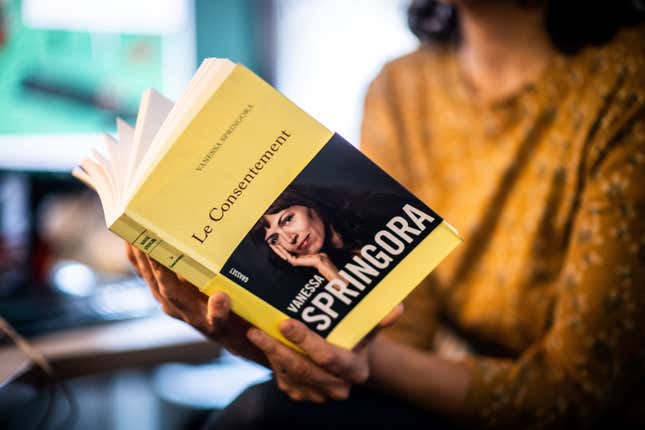French Writer 'Regrets' Child Sexual Abuse, But Says, Hey, Nobody Told Me It Was Wrong
Latest

French writer Gabriel Matzneff is showing a modicum of potential remorse. Last month saw the publication of Le Consentement (or Consent), a woman’s book-length account of being molested at the age of 14 by the then 50-year-old writer. It has since sparked a reckoning in the country with the ways that Matzneff has been embraced as a literary figure despite his having long written about his sexual abuse of children. Recently, as French police launched an investigation, and as Matzneff’s books were pulled from the shelves, the 83 year old bemoaned the newly kindled outrage as a “wave of neo-puritanism.” In an interview on Wednesday, however, he admitted to the hypothetical possibility of moral failure, while also blaming others for not explaining right and wrong to him.
-

-

-

-

-

-

-

-

-

-

-

-

-

-

-

-

-

-

-

-

-

-

-

-

-

-

-

-

-

-

-

-

-

-

-

-

-

-

-

-








































